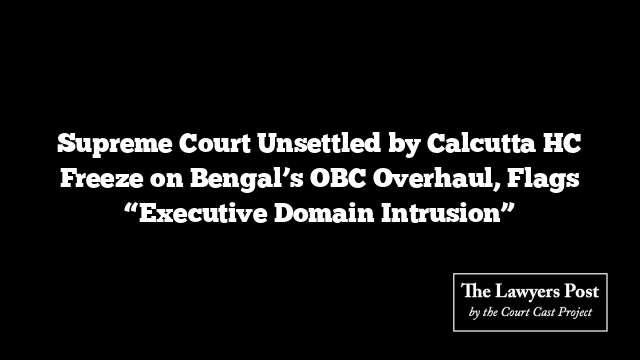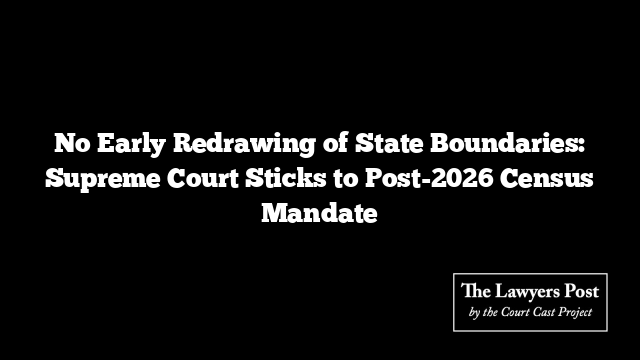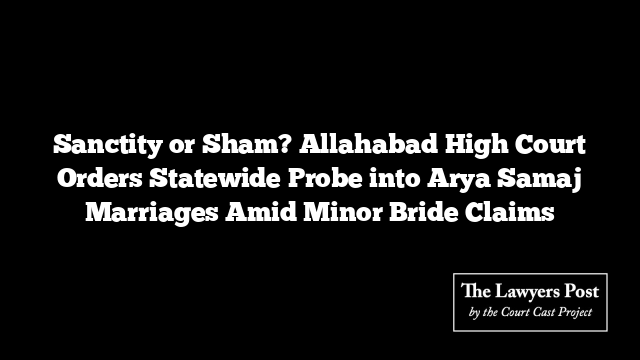The Supreme Court on Monday voiced firm disapproval over the Calcutta High Court’s decision to put a temporary brake on West Bengal’s newly-revised list of Other Backward Classes (OBCs)—a list that the Mamata Banerjee-led government had unveiled just weeks ago.
A bench headed by Chief Justice of India BR Gavai, alongside Justices K Vinod Chandran and NV Anjaria, didn’t mince words. “This is surprising. How can the High Court stay this? Reservation is part of the Executive’s role—this has been made clear since Indira Sawhney,” CJI Gavai remarked, calling the High Court’s intervention into executive policy-making “prima facie erroneous.”
The apex court, however, stopped short of lifting the stay. Instead, it ordered that the current status quo continue—no implementation, but also no further disruption—while directing the Calcutta High Court to reassign the case to a new bench and rule on it within six weeks.
The state government, represented by Senior Advocate Kapil Sibal, urged the court to intervene more decisively. “There are 9 lakh seats in limbo,” he pleaded, highlighting the scale of disruption caused by the High Court’s pause. But the Supreme Court held its ground, choosing a calibrated path: “Let the High Court decide. We’ll ensure a different bench handles it and that it’s wrapped up on time.”
The controversy stems from the West Bengal government’s move, announced in the Assembly on June 10, to expand the OBC-A and OBC-B lists by adding over 70 new communities—reportedly including around 80 Muslim groups. That list brought the total number of recognized OBC communities in the state to 140.
Critics, particularly from the BJP, were quick to slam the revision as a “vote-bank tactic,” accusing the TMC of indulging in community-based appeasement. Banerjee, however, defended the list as a product of data and backwardness assessments—not religion.
This political firestorm found legal fuel when the Calcutta High Court stayed the implementation of the list on July 17. The bench of Justices Tapabrata Chakraborty and Rajasekhar Mantha concluded that the state appeared to be reintroducing several communities already struck down in a previous order—one issued in May 2024, which had nullified a list containing 113 OBC sub-groups, 77 of them from Muslim backgrounds.
That earlier High Court ruling is itself under challenge in the Supreme Court, meaning this isn’t the last act in the ongoing drama over Bengal’s OBC policy.
The top court will take up the current matter again in two weeks—but it has made one thing abundantly clear: tinkering with executive discretion in reservation policy is not a game the judiciary should play lightly.





